The CO2 law won’t ‘save the glaciers’
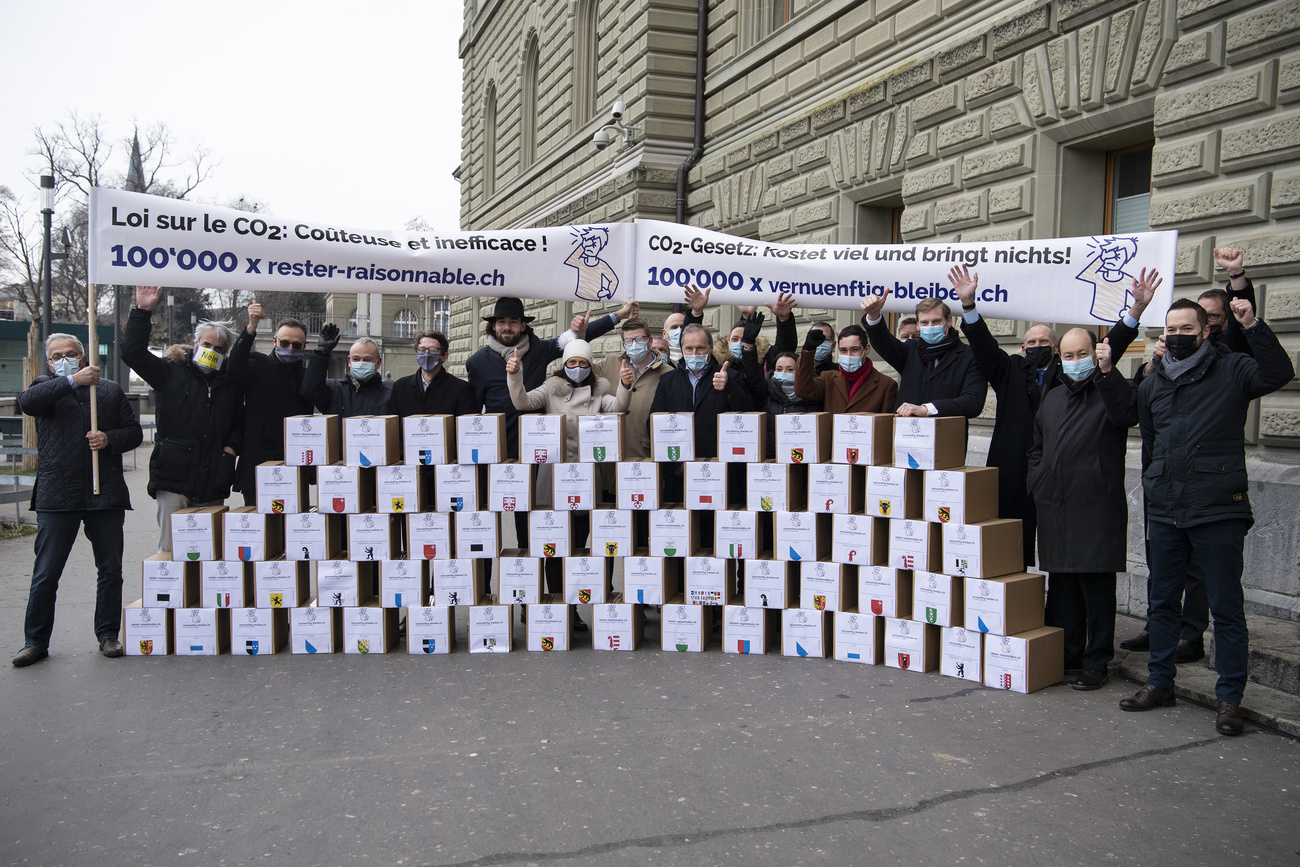
The revamped CO2 law, which will be decided in a national vote on June 13, is too costly for taxpayers and will not make a significant difference, opponents claim. “State intervention is not needed to reduce carbon emissions,” says Patrick Eperon, one of the referendum’s initiators.
Under the terms of the Paris Climate Agreement, the Swiss government has committed to reducing carbon emissions by half (in comparison with 1990 levels) by 2030. To do this, the government and parliament approved a revised version of the federal CO2 law. Changes include new taxes and measures relating to road vehicles, air traffic, industrial emissions and building renovations.
The law has managed to convince some sections of the Swiss economy, who reckon that it represents a sustainable direction and will foster innovation.
However, for the economic committee “No to the CO2 law”, the text is wrongheaded. Made up of representatives from the automotive, transport, aviation, construction and oil industries this group successfully launched a referendum against the law, forcing it to a national vote on June 13. The “no” campaign also has backing from some climate activists, who reckon the law doesn’t go far enough.
Patrick Eperon, coordinator of the referendum committee for French-speaking Switzerland and a representative of the “Centre Patronal” employers group, says the law is an overreach by the state.

More
Swiss climate strategy to be decided at the ballot box
SWI swissinfo.ch: Why are you against the revised CO2 law?
Patrick Eperon: Because it is basically punitive and it doesn’t favour innovation. The basis of this law are more taxes and more regulations. People are led to believe that the taxes are incentives, that they will be paid back to the population through other channels, but a significant amount of them will not be. Rather they will feed the massive state subsidy machine and the climate fund. Neither does the new legislation give any incentive to turn towards innovative technologies for dealing with carbon emissions.
SWI: In an Alpine country like Switzerland, climate change is already having a tangible impact: the melting of glaciers, heat waves, landslides, more frequent flooding. Don’t we need to act quickly?
P.E.: That statement gives the impression that we are responsible for the situation, but that’s not true. If we are more affected by climate change than our neighbours, it’s because our Alpine geography doesn’t benefit from the tempering presence of seas or oceans.
On top of this, Switzerland is responsible for around one-thousandth of all global CO2 emissions. The CO2 law wants to reduce this by half. At a global level, this would amount to a reduction of half of one-thousandth of all carbon emissions. This is practically nothing. The CO2 law isn’t going to save the glaciers in Switzerland.

SWI: Switzerland has signed up to respect the objectives of the Paris Climate Agreement. How will the country do that without passing legislation?
P.E.: The Paris Agreement doesn’t oblige Switzerland to adopt this law. Each state is free to implement the agreement in its own way. The government and parliament have passed an ultra-expensive law with ultra-ambitious aims, even though we are already one of the countries with the best results when it comes to environmental protection.
SWI: Doesn’t a rich developed country nevertheless have a duty to set an example?
P.E.: We already set an example – our carbon emissions have spectacularly decreased over the past twenty years. We have also made huge progress in terms of energy efficiency. State intervention is not necessary.
SWI: Large parts of the economic sector support this legislation. Is it not – as they have said – a way of setting out a secure framework for planning and investments?
P.E.: A large part of the backers of this law are those who will manage to secure subsidies through the climate fund, which is a sort of money redistribution machine. People are led to believe that everybody will in the end get more out of the system than they put in, but this is an illusion. There’s no such thing as a magic tax that allows you to gain money.
Big businesses also support this law because it will give them access to European Union’s emissions trading market. But this doesn’t apply to most small and medium-sized businesses in the country, most of whom will take on extra costs.

More
The CO2 law is an ‘opportunity for all economic actors’
SWI: In your opposition, your allies include some of the activists involved in the climate strikes. Will you be making use of this unholy alliance during the campaign?
P.E.: No, we won’t be collaborating. And I should make it clear: without the business sector, the referendum would never have come about. The climate activists gathered 7,000 signatures; we collected 110,000 [50,000 are needed for a referendum]. The balance of power here is clear.
However, we do agree with some observations by the climate activists, who say that the law is ineffective and antisocial. We share this view. People with low or average incomes will be much worse off than richer citizens.
SWI: The switch towards renewable energy has already started. Switzerland has a good hand to play here, especially in terms of innovation. Why hesitate before heading down this road?
P.E.: I’m sceptical about the potential of wind and hydroelectric power. When I was part of the energy commission in canton Vaud, we were pitched a project involving the construction of 170 wind turbines. Today, there are none: it was a load of hot air! As for hydroelectric power, Switzerland’s potential is already almost exhausted.
The future is about using CO2 as a resource rather than a waste, as some companies already do. The law doesn’t encourage this sort of innovation. Instead, it proposes a practically medieval vision of public policy. Some people are going to pay a lot for an almost imperceptible result, just so that they can absolve their sins.
Translated from French by Domhnall O’Sullivan
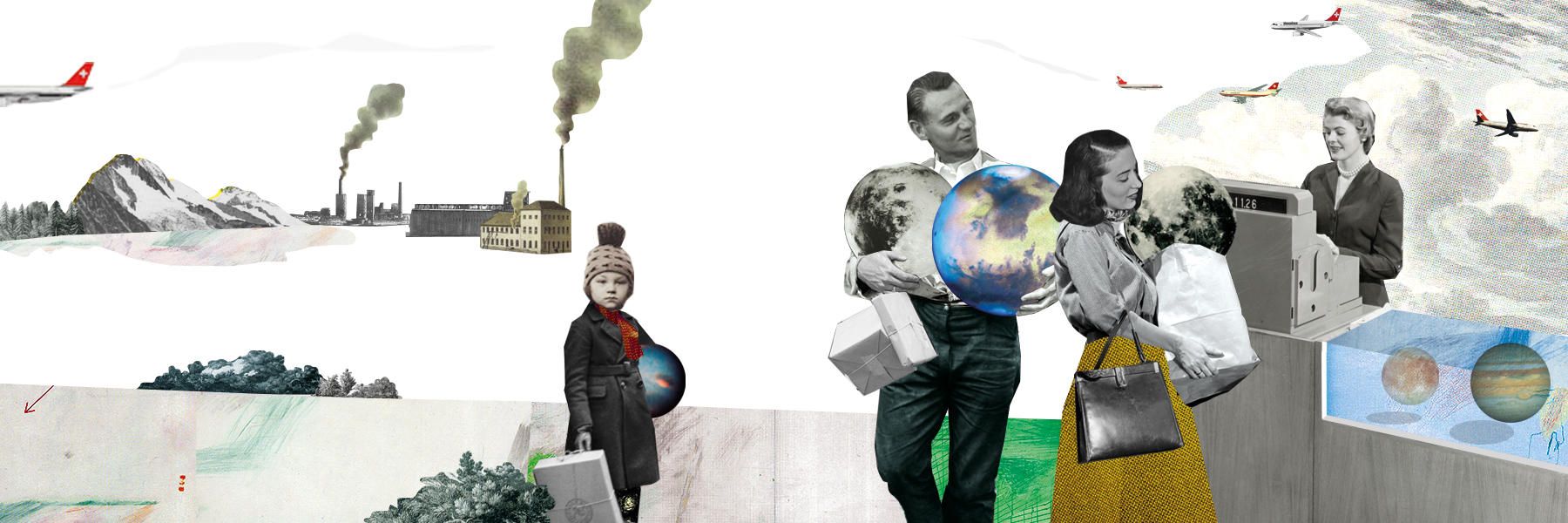
More
Swiss CO2 emissions: Small country, big footprint

In compliance with the JTI standards
More: SWI swissinfo.ch certified by the Journalism Trust Initiative



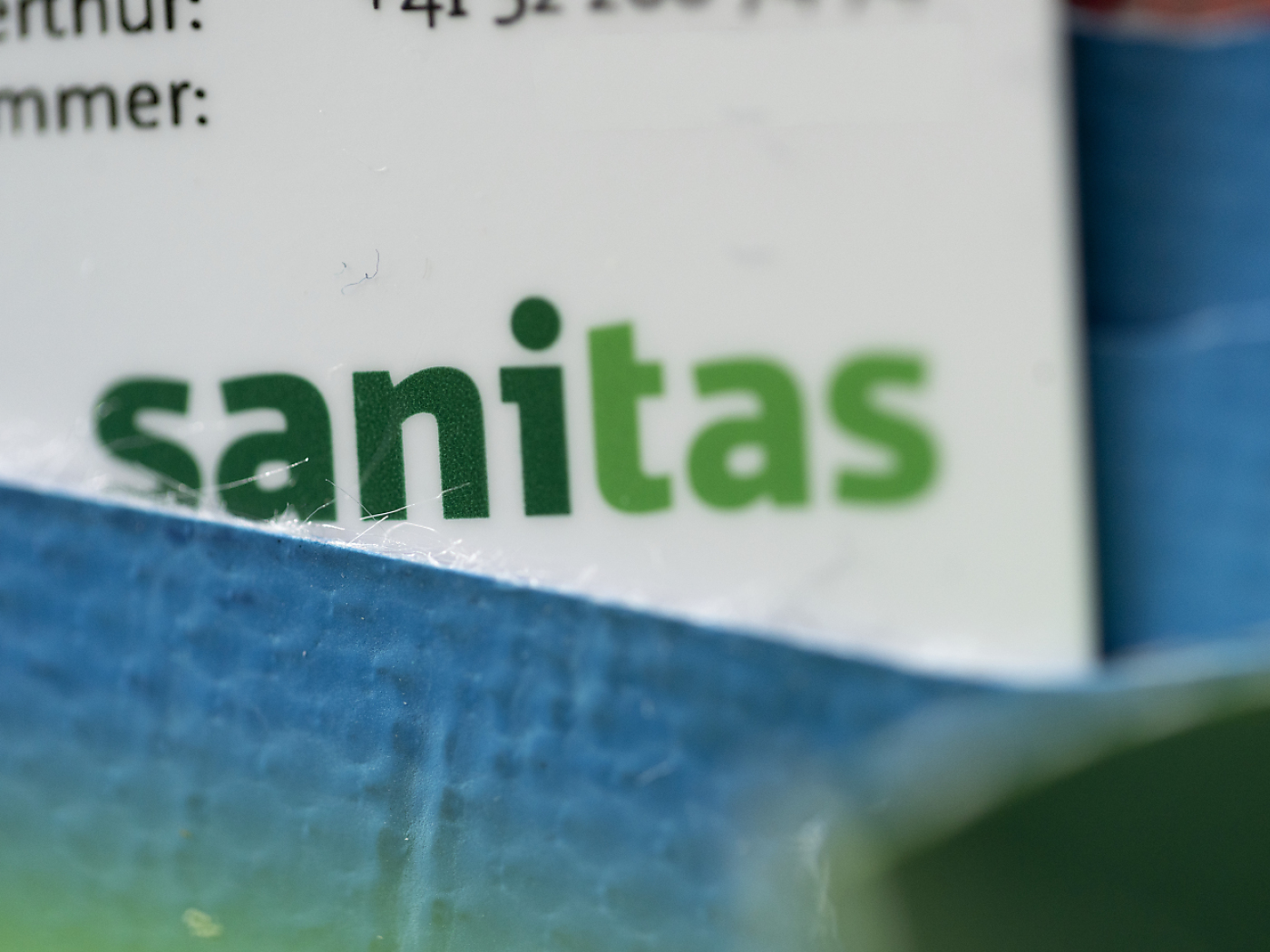





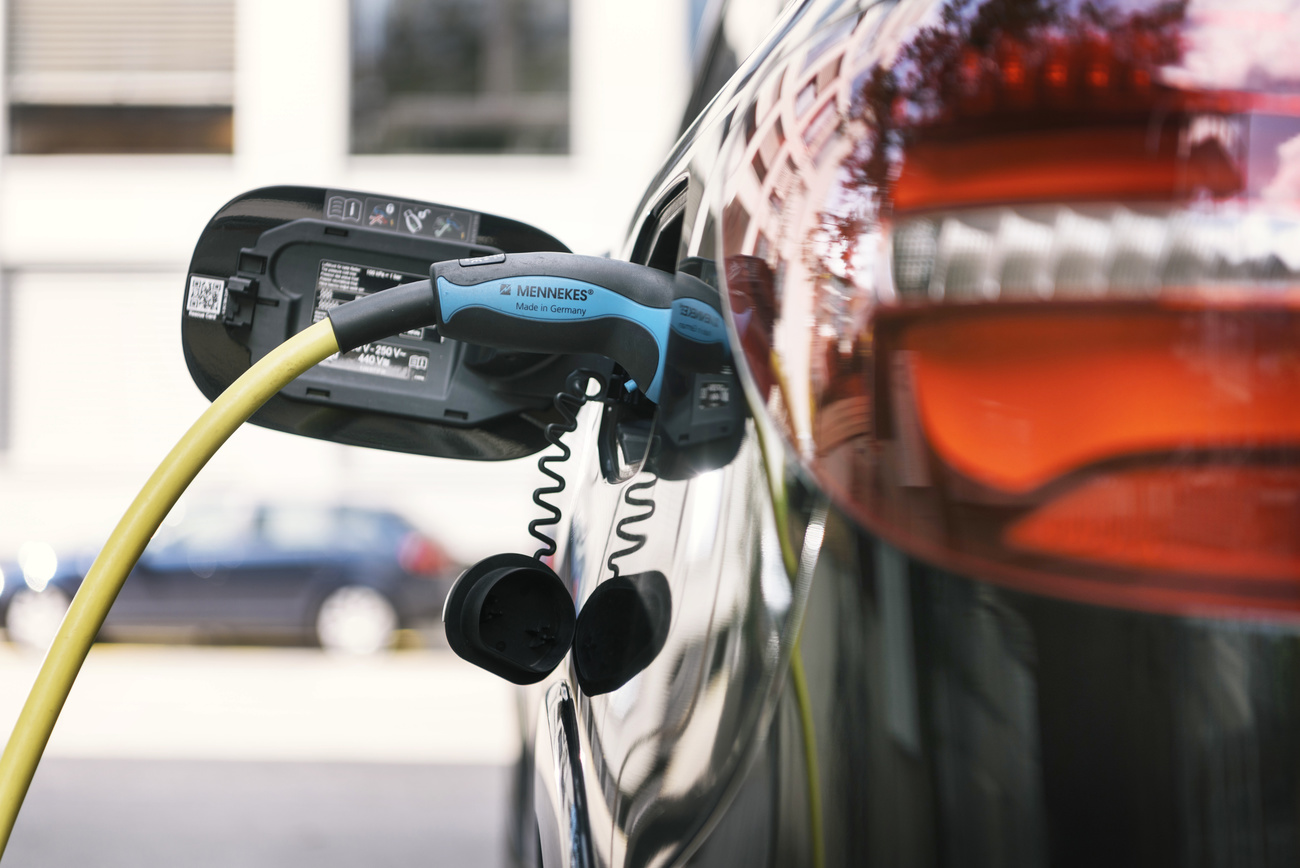
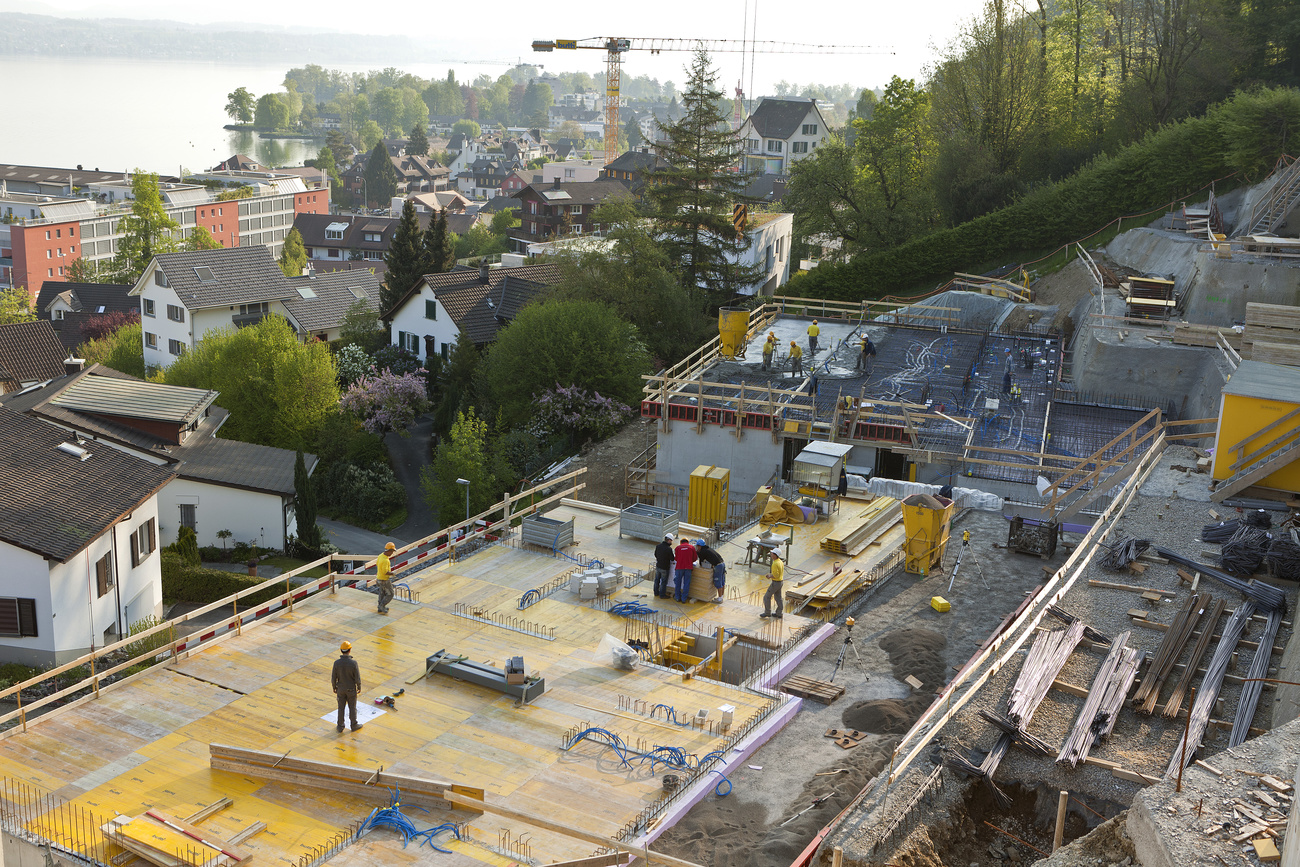


Join the conversation!